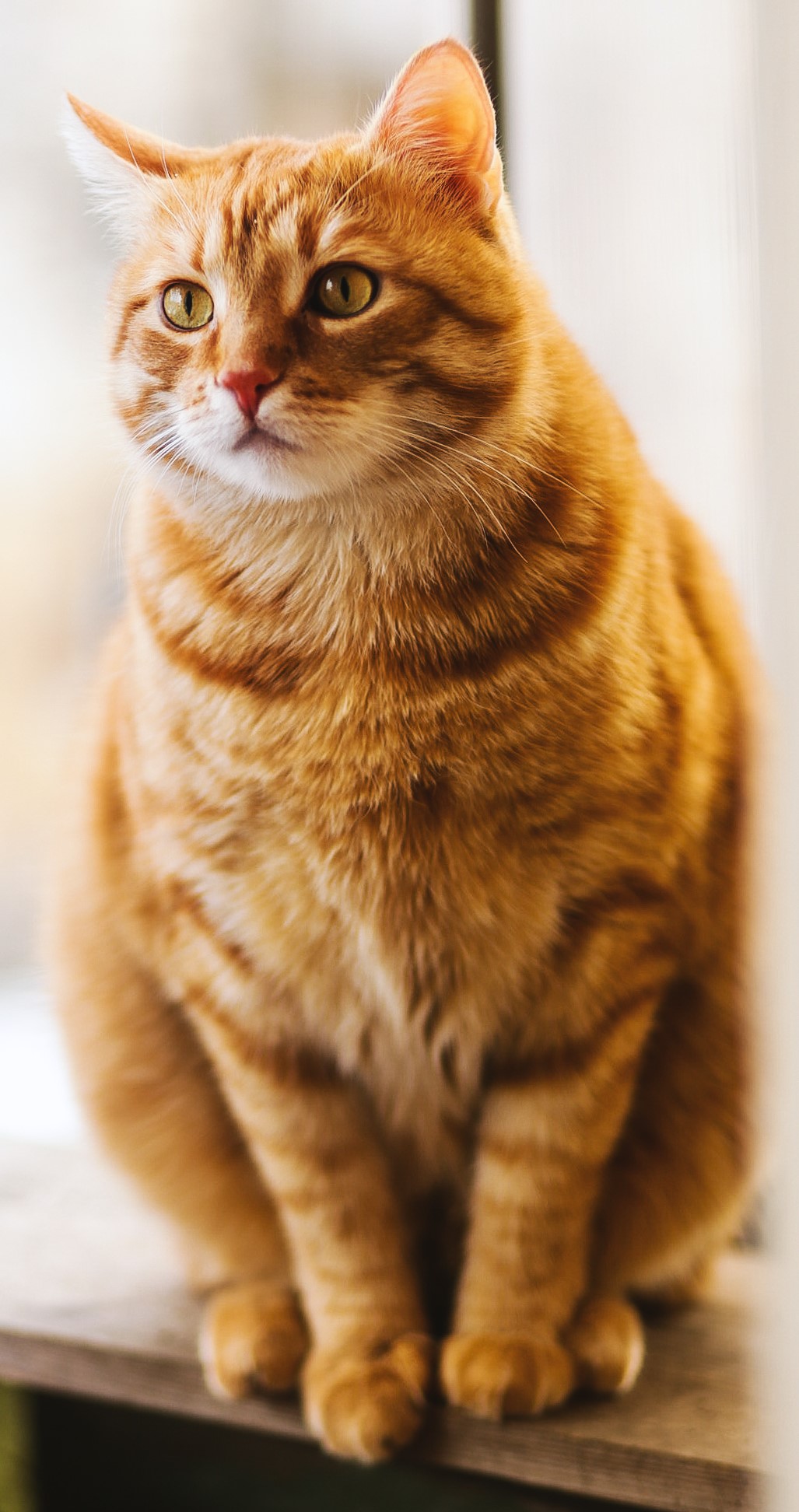The Cat MUM Study

Kelly Reid, CVT
Senior Research Study Technician
[email protected]
612-625-7645
Study title
Purpose of study
Diseases of the urinary system are common in cats; they can be expensive and invasive to treat. Two of the more common urinary conditions leading to veterinary visits in cats are urinary stones and a condition known as feline idiopathic cystitis (FIC). Both can be painful and cause difficulty urinating, blood in urine and life-threatening obstructions in the urinary tract. This study is designed to evaluate the microbial communities in the gastrointestinal tract and metabolites in the urine of cats affected by calcium oxalate stones, cats with FIC and healthy cats. The microbiome refers to the vast array of microorganisms, such as bacteria, that colonize our bodies. Understanding what their role plays in FIC and stone formation may inspire new, less invasive therapeutic and preventative measures for these challenging conditions.
Eligibility criteria
- Cats must be housed indoors
- Cats can belong to a multi-cat household, but no more than 2 cats may be enrolled
- Owners must be willing to provide a complete and thorough dietary history
- Cats cannot be on a raw diet
- Antimicrobial therapy or immunosuppressive medications cannot have been administered within 3 months of enrollment
- Interventional urinary tract procedures (i.e. cystotomy, catheterization, etc.) must not have been preformed within 30 days of enrollment
- Other advanced or severe diseases must not be present (e.g. diabetes mellitus, neoplasia, heart failure, severe azotemia). Any health questions can be discussed with investigators
Procedures
Cats will have blood, urine and fecal samples collected. An ultrasound of the urinary bladder and radiographs of the abdomen will also be preformed. A second visit within 24 hours may be asked if only a small amount of urine can be collected. If the cat does not defecate while in the hospital, we will ask owners to collect a sample at home and drop it off; instructions and all supplies needed for this will be provided.
Costs
All sample collections, bladder ultrasound, and radiographs are covered by the study. This includes a free urinalysis, urine culture, and blood panel. Procedures and test results will be provided to and discussed with the owners.